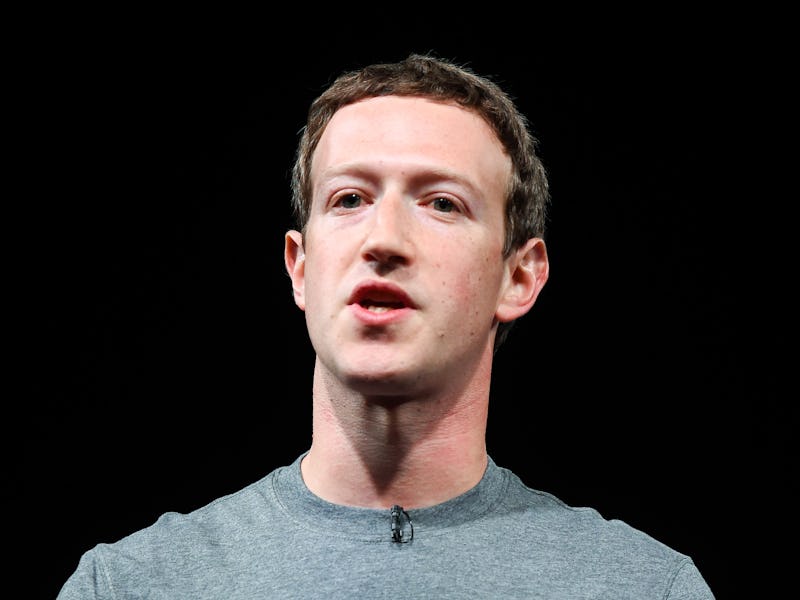
Thursday morning’s SpaceX rocket explosion at SLC-40 launch site at Kennedy Space Center destroyed the AMOS-6 satellite that was set to be launched into orbit Saturday. The loss of the payload puts a dent in Facebook’s plans to beam broadband internet access to parts of Sub-Saharan Africa.
“I’m deeply disappointed to hear that SpaceX’s launch failure destroyed our satellite,” Facebook CEO Mark Zuckerberg said in a statement posted to his Facebook page.
(While Zuckerberg’s overall sentiment is clear, it’s worth noting “launch failure” is an inaccurate descriptor for the explosion; SpaceX was conducting a static test of its Falcon 9 booster rocket, and absolutely nothing was going to leave the ground.)
A geostationary communications satellite built by Israel Aerospace Industries and operated by Spacecom, AMOS-6 was equipped several dozen “spot-beams” capable of transponding broadband internet down to Earth. In October 2015, Facebook entered into an agreement with Spacecom to lease 18 of those spot-beams from January 2017 through September 2021, for $95 million total. The contracts were part of Facebook’s Internet.org initiative to provide affordable internet access and services to remote and underserved parts of the world.
The satellite would help facilitate internet access mainly for businesses in Africa, but would also help cover portions of Europe and the Middle East.
Unfortunately, the destruction of the payload scraps those plans indefinitely.
Zuckerberg expressed optimism for other Internet.org technologies being developed, including Facebook’s Aquila drone which will beam internet down to the surface during flight. Facebook conducted a test flight for Aquila on June 28, though added that there was still a lot of work to do before the drone was ready to deliver connectivity to consumers and residents on the ground.
The cause of the explosion is still unknown, SpaceX CEO Elon Musk wrote on Twitter Thursday afternoon.
SpaceX itself followed up with a slightly more detailed update on the explosion: